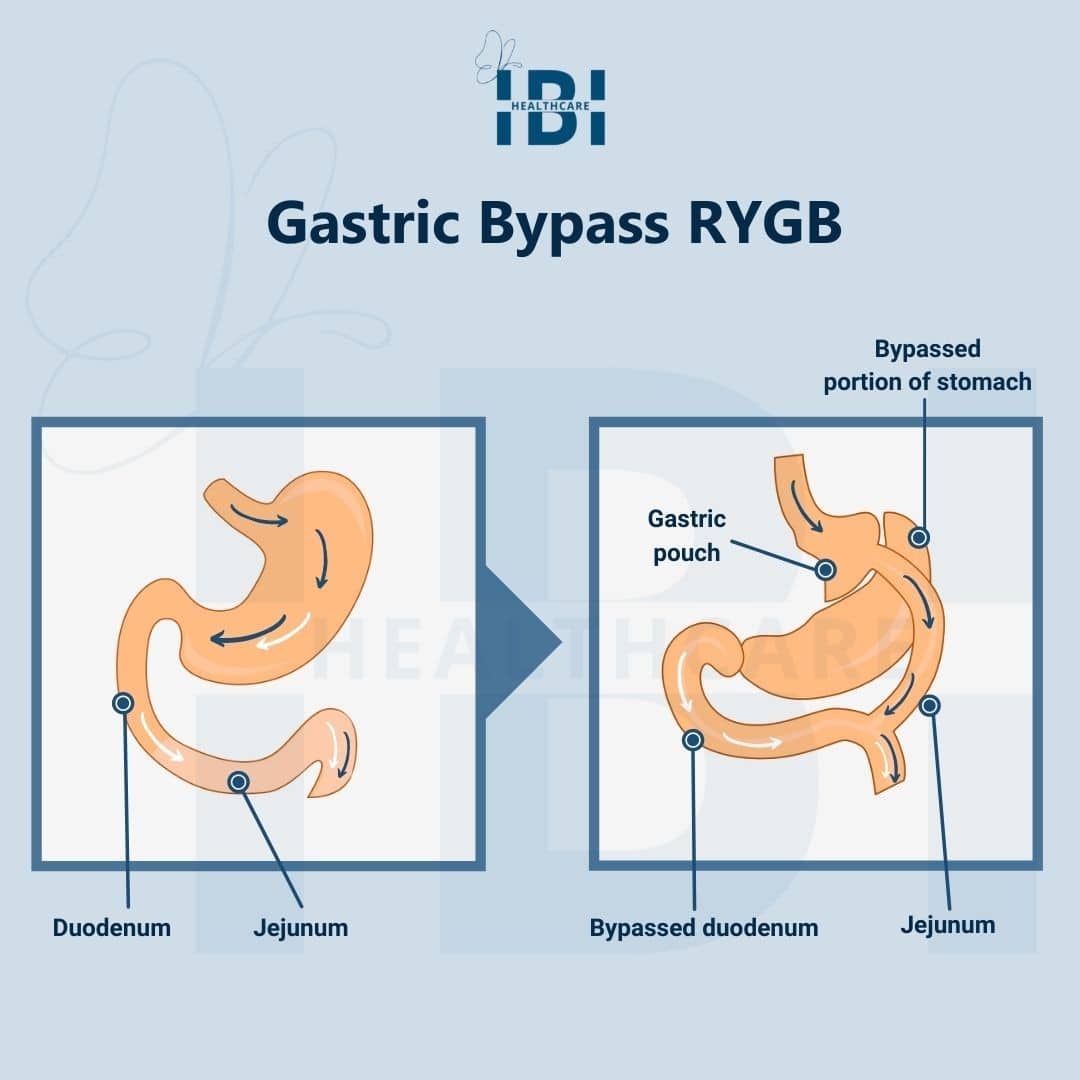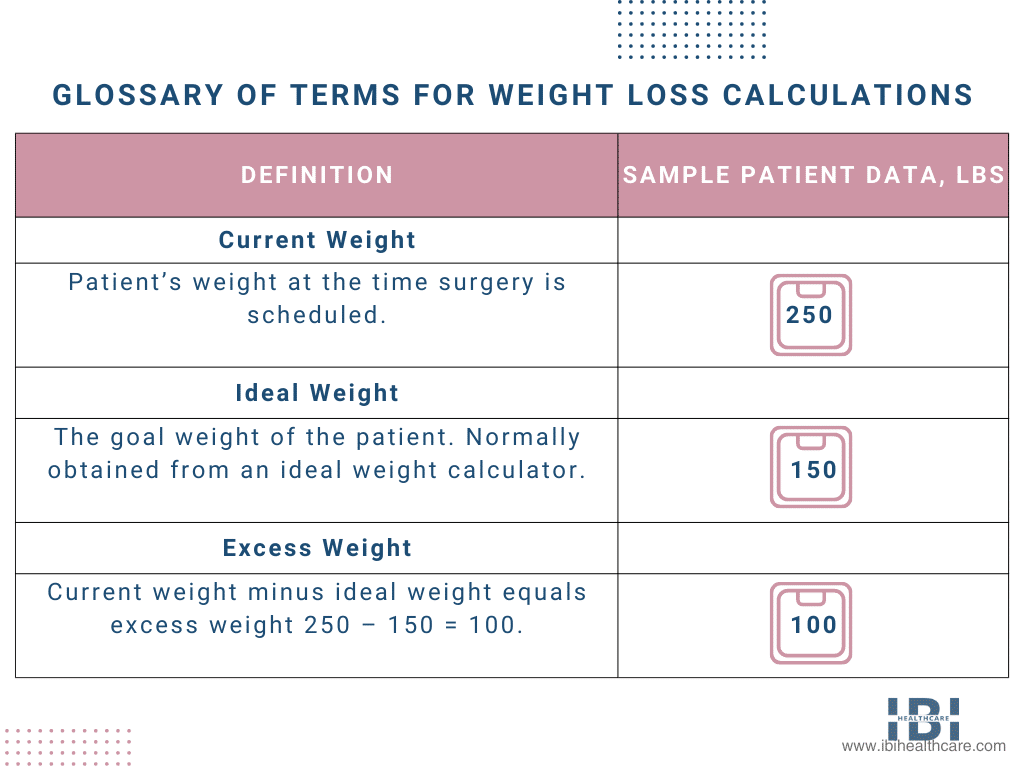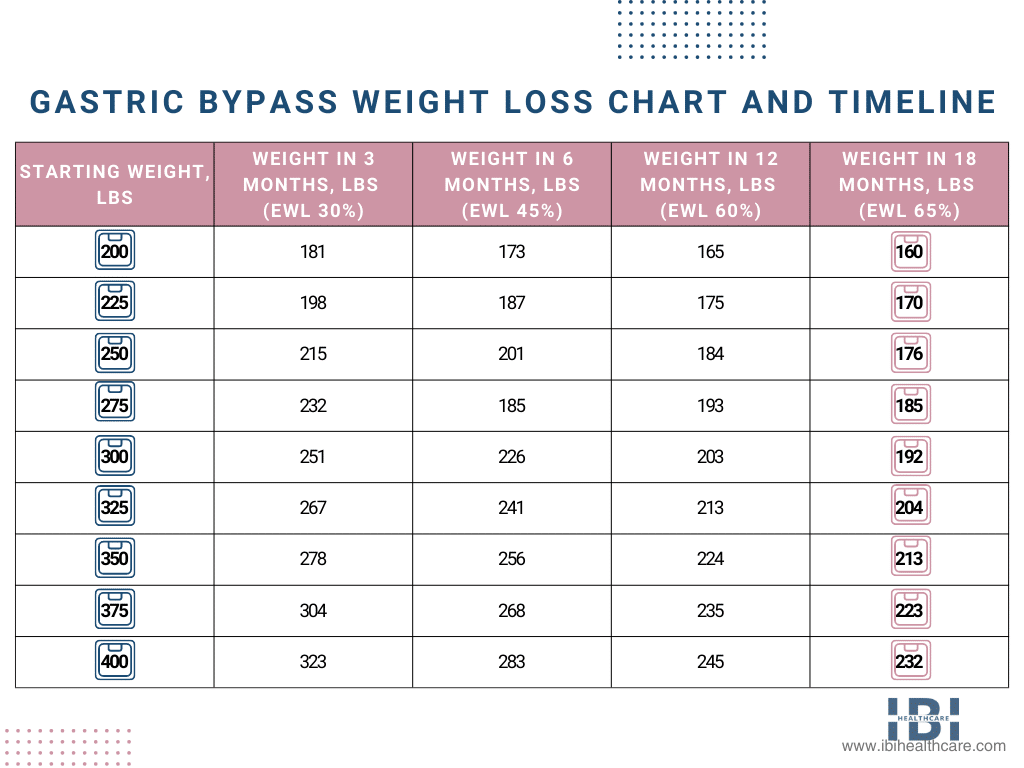Because gastric bypass surgery is one of the most performed procedures. It has been around for about 50 years. We have the benefit of access to a large amount of statistical data including success rate, weight loss patterns, and complications after gastric bypass.
What is Gastric Bypass Surgery?
Furthermore, many individuals with a body mass index (BMI) between 35 and 40, and even higher, undergo Roux-en Y or Gastric Bypass Surgery to aid with weight loss. Additionally, this procedure can not only help reduce the excess weight but also alleviate any serious medical issues that may arise from it.
The surgeon reduces the size of the stomach by shaping it into a small pouch. Attaching it directly to the small intestine. When the patient eats, the food will go into the small pouch. And then it goes directly into the small intestine, bypassing the stomach, digesting there, and passing through the digestive system. This action prevents overeating in one sitting and limits calorie absorption.

What is the Average Weight Loss with Gastric Bypass?
Undergoing gastric bypass surgery you can expect between a 50-70% loss of your excess body weight. When calculating excess body weight, consider your body mass index (BMI), height, and current weight. Generating an ideal weight or the goal weight you are trying to achieve through weight loss.
A healthy BMI typically falls between 18.5 and 24.9. BMIs from 25 to 29.9 indicate higher weight, while over 30 indicates obesity.
For example, if an individual’s goal weight is 150 lbs. But he currently weighs 290 lbs. He’s carrying 140 lbs of excess weight. If he was to lose 70% of their excess weight. For instance 98 lbs during the first year (now at 192 lbs). And continue their dietary and exercise plan. He would be on track to achieving their ideal weight within 18-24 months.
How to Achieve Your Expected Weight Loss after Gastric Bypass Surgery
Consider gastric bypass surgery a tool for adopting a healthier lifestyle. A tool aids but doesn’t work alone. Have you ever seen a hammer driving nails by itself? Without the hammer, it would be virtually impossible to drive a nail with our human hands. Having the benefit of working together with the tool makes all the difference.
Although you will have ongoing support from your surgeon and the medical staff at the surgery center, the majority of your weight loss success depends on your commitment and determination to follow the program provided to you. Following your dietary restrictions, and exercise routines, keeping up with your appointments, and staying plugged into support resources are all vital elements that can make or break your goals to reach your ideal weight.
The best way to achieve your expected weight loss goals after gastric bypass surgery is for you to stay in close communication with your team of experts, follow your plan, and not ever give up. You can do this.
Do You Lose More Weight with Gastric Bypass Surgery?
The short answer is yes, but the percentage difference between the average amount lost by patients who had Gastric Bypass vs. Gastric Sleeve is only around 5%. Gastric bypass surgery will usually result in quicker weight loss but data show that at the 24-month point, the numbers are pretty similar.
The patient’s determination, adherence to dietary guidelines, and increasing physical activity significantly impact weight loss potential as they progress.
How Much Weight Do You Lose the First Month after Gastric Bypass?
The first month after gastric bypass surgery patients will lose weight rapidly, which normally provides them with an emotional boost so this period is often called the “honeymoon phase”.
The rapid weight loss can be attributed to the fact that during this month, patients are on a liquid diet, their body is still healing from the surgery, and they are not feeling hungry, so calorie intake is fairly low. Patients still have a high motivation level and are excited to see the weight coming off so fast.
Patients can expect to lose around 17% of their excess body weight during the first month after gastric bypass surgery. A patient who is 5’8’ and weighs 250 pounds with an ideal weight of 150 lbs can expect to lose about 17 pounds during the first month. The calculation and terminology are explained in the table below.

Milestones on the Gastric Bypass Weight Loss Timeline
Results will vary for each patient and will be influenced by their unique characteristics. Such as height, starting BMI, health conditions, and age. This is a general overview of the expected results. If the patient does not deviate from their post-op diet and exercise plan.
Most often, gastric bypass weight loss is categorized into milestones at 3 months, 6 months, 12 months, and 18 months.
Milestone #1 – 3 Months Post-Operation
The first three months after surgery will be the time when weight is lost the fastest. Changes made to the digestive system restrict calorie intake and absorption, and the liquid diet perpetuates rapid weight loss. Patients can lose between 30 and 40 pounds, which amounts to approximately 25-35% of their excess weight.
Milestone #2 – 6 Months Post-Operation
The rate of weight loss will slow down after about 3 months. However, most patients continue to lose between 1 and 2 pounds a week during this time. At the end of six months, most patients have lost approximately 45% of their excess weight.
Milestone #3 – 12 Months Post-Operation
At the 12–month mark, some patients may be close to their target goal, while others may not have attained it yet; in fact, 50–60% of their excess weight is typically eliminated. Nevertheless, even if these percentages have not been met. There is no reason to despair; instead, remain focused and persist, and eventually success will ensue. Notably, it is important to bear in mind that each person is unique, and the results may differ from the typical expectation.
Milestone #4 – 18 Months Post-Operation
Average results indicate that patients who have diligently followed their weight loss routine. They should have achieved their ideal body weight by this time or possibly exceeded it. Most patients reached a 60% level of lost excess weight some even reached 70 to 80% by the 24-month point.
Your weight loss goals can be achieved through the combination of weight loss surgery. Your amount of personal determination and perseverance. If you have special circumstances, your surgeon will consider these when creating an estimated weight loss timeline for you.
Gastric bypass weight loss results will vary by individual. So do not be concerned if your progress is different as these are only averages.
Gastric Bypass Weight Loss
We have talked about percentages of excess weight loss (EWL) and basic milestone expectations. But what does this mean to you as far as how many pounds you’re going to lose? If you have lost 25-30% of your excess weight after three months. How much are you going to weigh at that point?
This gastric bypass weight loss chart should give you an idea of what your weight may look like during the aforementioned milestones. It is important to keep in mind that starting BMI, height, age, gender, and any current health conditions are all factors that contribute to these numbers.
To illustrate expected weight loss, moreover, the calculations in this gastric bypass weight loss chart utilize a female of average build who is 5’8” tall; moreover, for benchmark purposes, her ideal or goal weight range would be 145–150.

Gastric Bypass Weight Loss Progression Calculator
Use our convenient Gastric Bypass Weight Loss Progression Calculator. You can get an idea of what to expect on your weight loss journey. By comprehending what the recovery and post–op period entail, you will be able to better prepare for it. Moreover, this calculator will use key elements to calculate the amount of weight that is typical for your parameters.
If you or someone you care about is contemplating gastric bypass surgery, contact IBI Healthcare Institute today for a consultation; moreover, the experts there are eager to answer your questions and provide you with information about the prospective weight loss options. Accordingly, they are more than willing to help you come to an informed decision.
We offer both surgical procedures, such as gastric bypass, and also some non-surgical weight loss techniques that deliver excellent results. Contact us today for more information!










